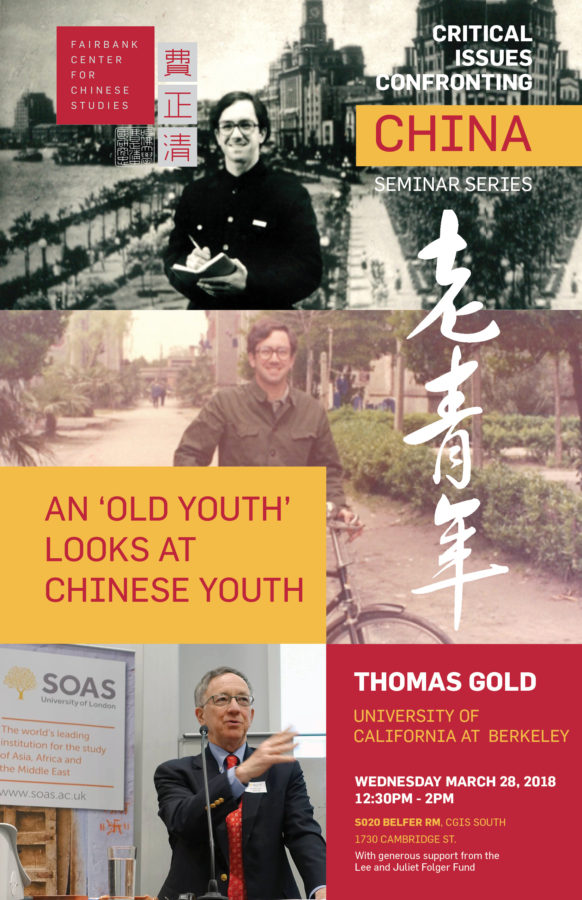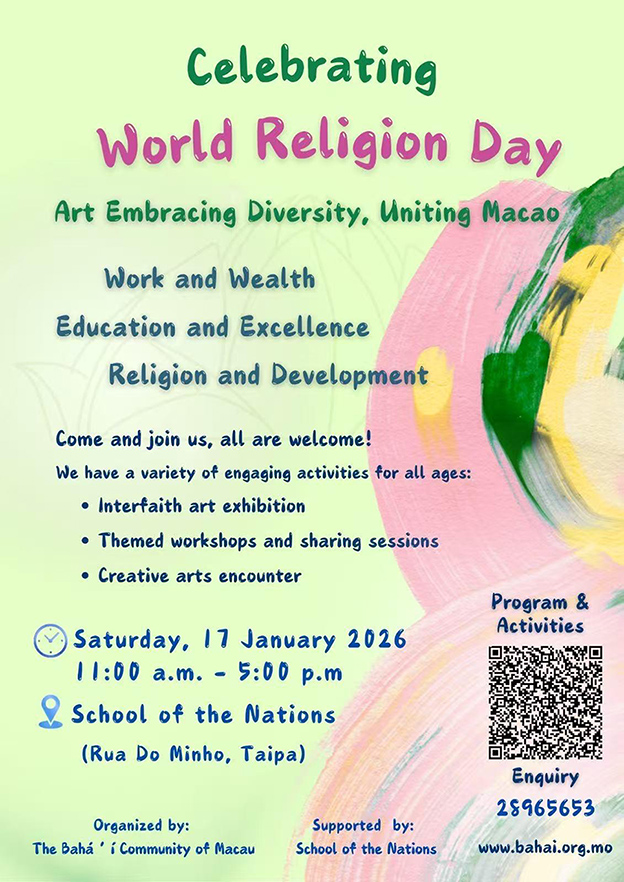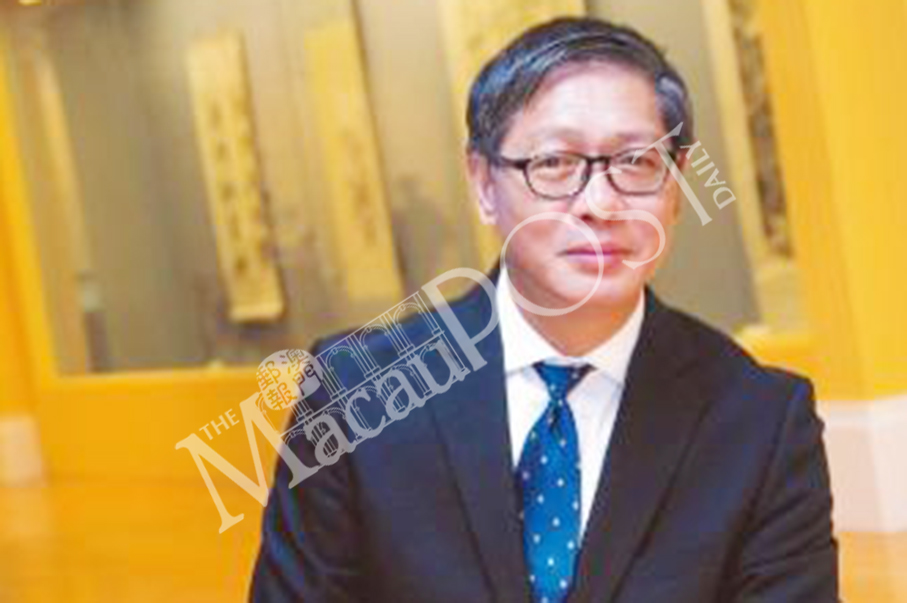Feature by Xinhua writer Yang Shilong
WASHINGTON – Professor of sociology Dr. Thomas Gold has a must-see historic photo for Chinese visitors to his office at the University of California, Berkeley.
The photo captured a sweet moment when former US Secretary of State Henry Kissinger greeted one of the members of the Chinese wushu team at Kennedy Center in Washington, DC, on July 10, 1974.
Then a graduate student at Harvard in sociology, Gold was working as an interpreter for the wushu delegation during its four-week tour of American cities including Honolulu, San Francisco, New York and Washington, DC.
The visit was another major people-to-people exchange between the United States and China as the bilateral ties were about to thaw following their famous Ping-Pong Diplomacy in April 1971.
"It was during [performance] intermission at the Kennedy Center. Kissinger came backstage," recalled Gold in a recent interview with Xinhua.
"It was only for like two minutes during the intermission [that I interpreted for Kissinger]," said Gold, who worked part-time for many years as a Chinese language escort-interpreter for the US State Department.
Gold developed an interest in China and started learning Chinese in 1966, when he matriculated at Oberlin College in Ohio.
"Just on a dare for something different to do, first I took Asian history and then I started Chinese, and it was unlike anything else I'd ever done," he said.
"And from the first day, I loved it. I love studying Chinese, "Gold said.
While at Harvard, where he received a master's degree in regional studies – East Asia and a PhD in sociology, Gold was selected as one of the first seven American exchange students to study in post-1949 mainland China, spending a year at Fudan University in Shanghai from February 1979.
Significant changes were brewing in China as Gold's group first arrived in Beijing in February 1979 shortly after the launch of the reform and opening-up policy.
"One of the things that has always struck me is how entrepreneurial Chinese are. Chinese are very good at perceiving opportunities, not just to make money but to benefit their families and the larger community. They want their country to prosper," he said.
After this period of study in China, Gold returned to China several times.
Calling himself a pioneer witnessing China's dramatic transformation over the past 40 years, he said "China's economic rise has been extraordinary, unpredictable. I don't think anybody expected it to be this fast or this successful."
Gold, who in 2012 returned to Fudan University to teach at the University of California Education Abroad Program, said Chinese youths are expressing more and more self-confidence and are more integrated with global society than their parents.
"When I get students from China who come to Berkeley, I'm just astounded at their level of English, their openness to new ideas, their ability to talk, willingness to talk in class... many of them are some of my best students," Gold said.
At Berkeley, Gold served as associate dean of International and Area Studies, founding director of the Berkeley China Initiative, and chair of the Center for Chinese Studies.
Subjects of his publications on China range widely, including youth, popular culture, private business, laid-off workers, and civil society.
"I just wish I could contribute more. I'm very active," said Gold, who is now adviser to National Committee on US-China Relations Public Intellectuals Program.
"One of the things that we do is to help cultivate the next generation of scholars of China, to increase their understanding and their ability to explain China ‘keguan’ [“objectively”] to American people," he said.
As for the future of US-China relations, Gold said both the United States and China have to open up opportunities for scholarships for research and to make them attractive enough to encourage young people to go into those fields.
For those Americans whose careers have been based on trying to understand China and for Chinese whose careers have been based on trying to understand the United States, he said both sides should reflect on what can be done to enhance bilateral relations in "a rational and constructive way." – Xinhua
* Minor edits by The Macau Post Daily
This Fairbank Center for Chinese Studies poster announces a seminar in 2018 by Prof. Thomas Gold about Chinese youth issues. – Photo courtesy of Harvard University









